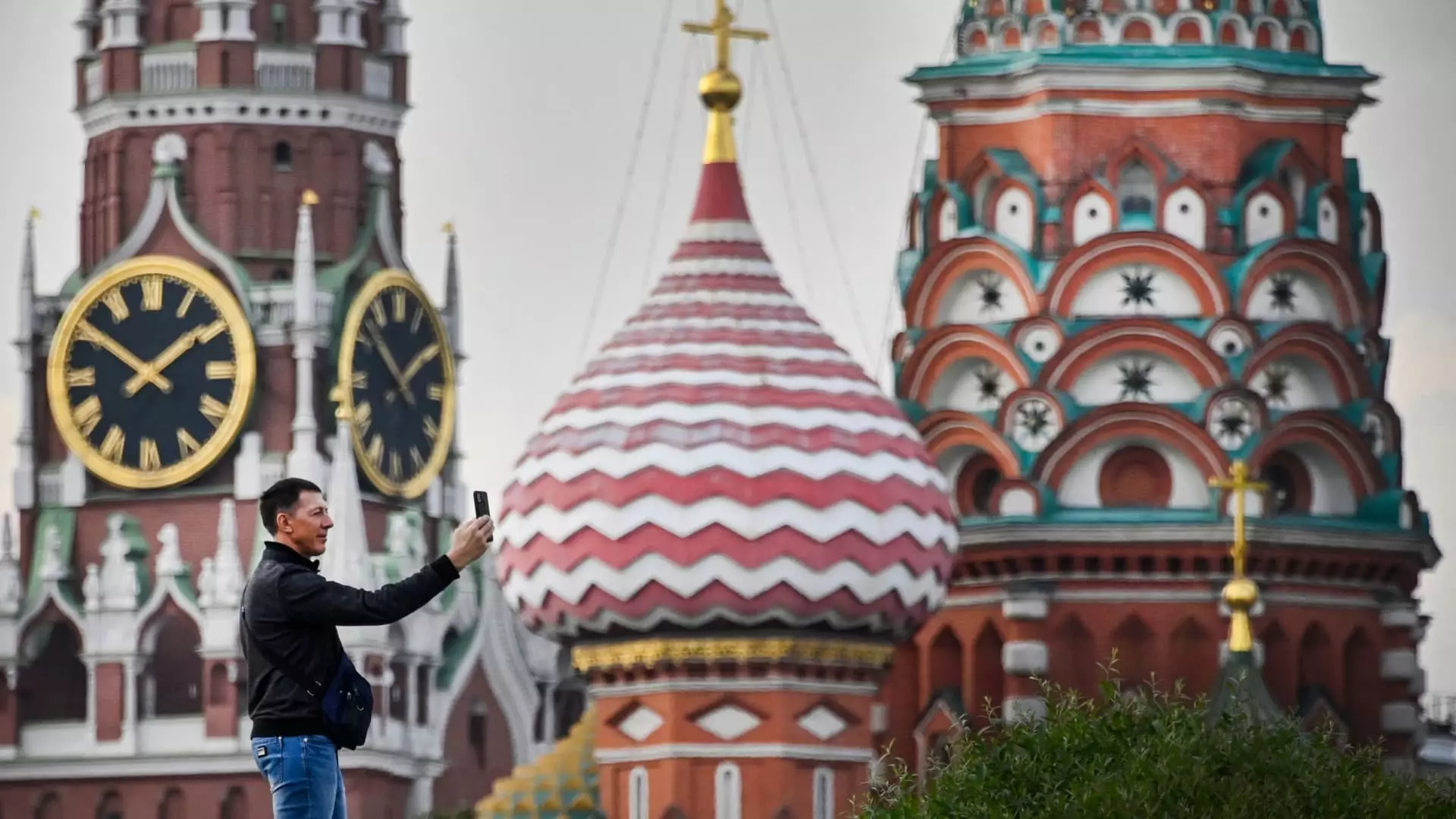The Kremlin vehemently denies any involvement in a reported disinformation campaign against France, French President Emmanuel Macron, and the upcoming 2024 Olympic Games in Paris. Microsoft’s Threat Analysis Center (MTAC) made a statement accusing Russia of escalating its efforts to spread malicious disinformation against key entities related to the Olympics and the French government.
Kremlin Press Secretary Dmitry Peskov dismissed the accusations brought forward by MTAC as mere slander with no factual basis. Peskov categorically rejected the claims and labelled them as baseless criticism. This denial from the Kremlin comes amidst rising tensions between Russia and Western countries, particularly France, following various geopolitical events such as the conflict in Ukraine.
The strained relations between Russia and the International Olympic Committee (IOC) have been exacerbated by the ban on Russian and Belarusian athletes from competing under their national flags due to the ongoing conflict in Ukraine. These athletes are allowed to participate as neutral competitors but face restrictions if they are seen as directly supporting the war efforts.
President Macron’s proposition of potentially sending ground troops to Ukraine has further strained the relationship between Russia and France. The idea of French military involvement in Ukraine has sparked backlash from pro-Kremlin media in Russia, painting Macron as an adversary. The rhetoric of “Russophobia” has been employed by Russia to shift the narrative in its favor.
Russian Embassy’s Response
The Russian Embassy in Paris has demanded that French authorities cease what they perceive as an unfounded and deliberate misinformation campaign against Russia. The embassy’s statement on social media highlighted the negative impact of the alleged disinformation on Russian citizens in France, including embassy staff. The call for an end to the “Russophobic campaign” reflects Russia’s defensive stance in the face of international criticism.
The escalating tensions between Russia and France, fueled by accusations of disinformation campaigns and political disagreements, have broader implications for international relations. The strain between the two nations adds complexity to existing geopolitical challenges and has the potential to influence diplomatic interactions within the broader European context.
The allegations of a disinformation campaign orchestrated by the Kremlin against France and associated entities underscore the power and impact of misinformation in shaping global perceptions and influencing political discourse. The denial from Russian officials and the subsequent diplomatic responses highlight the complexities of modern information warfare and the challenges of maintaining transparent and accurate communication in international relations.


Leave a Reply